"Don't get left behind"
During an online meeting of leaders on March 15 on the conflict in Ukraine, British Prime Minister Keir Starmer said the focus now was on how to strengthen Ukraine's capacity, protect ceasefires if approved by all sides, and maintain pressure on Russia, AFP reported. According to Mr. Starmer, this meeting had more participation than the meeting two weeks ago, the leaders had stronger determination and there were also more commitments discussed.
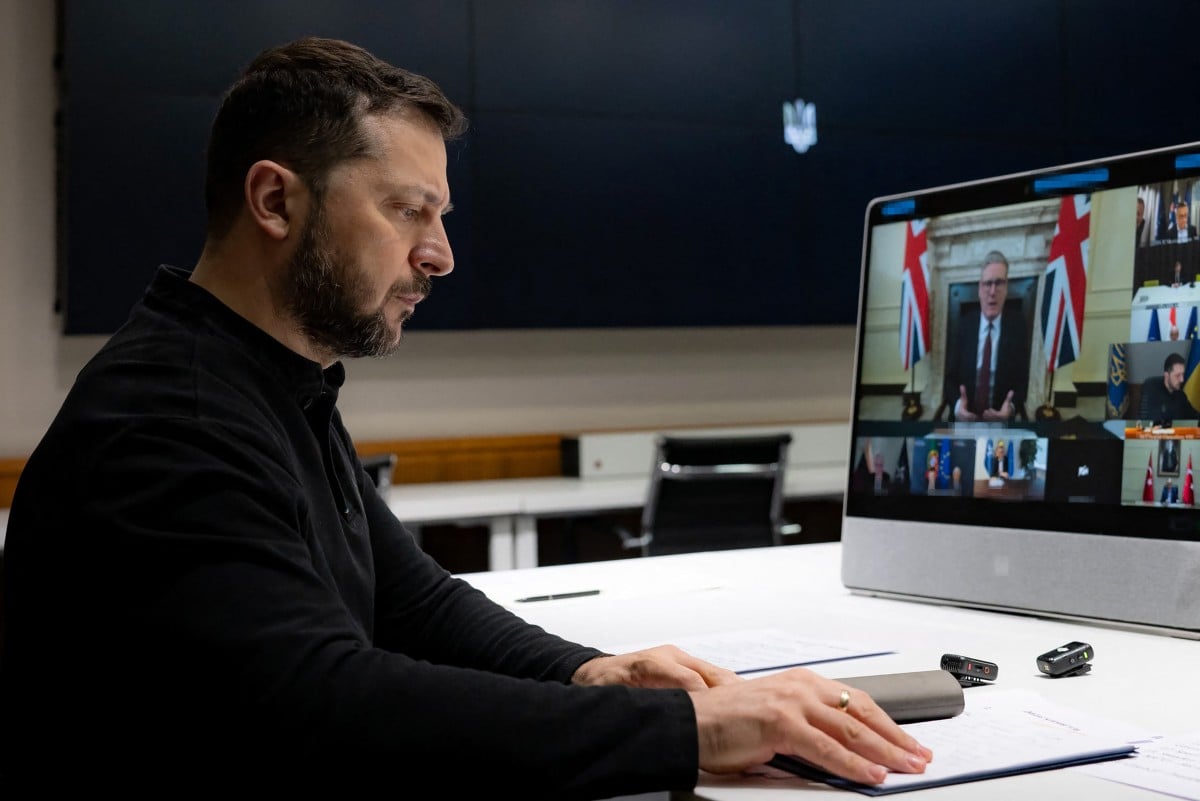
Ukrainian President Zelensky attends online meeting with European leaders on March 15
Also at the meeting, French President Emmanuel Macron called on Europe and the US to coordinate to put clear pressure on Russia, forcing Moscow to sit at the negotiating table. European Union (EU) diplomats on March 14 also proposed doubling the bloc's military aid to Ukraine, to 40 billion euros this year.
The European leaders' comments came after a US delegation met with Ukrainian officials last week, then traveled to Moscow to meet with Russian officials. From the talks, the US proposed a 30-day ceasefire, which Ukraine agreed to. Russian President Vladimir Putin also expressed support for the proposal, but asked for conditions. In addition, US Secretary of State Marco Rubio on March 15 called his Russian counterpart Sergey Lavrov to discuss the next steps to end the conflict in Ukraine, following a virtual meeting of Western leaders that same day.
What does Putin want from the ceasefire in Ukraine?
It is noteworthy that in the most direct meetings between the parties involved last week, Europe was "left out". Officials of EU member states repeatedly expressed concern that the bloc's interests and security were not taken into account when the US and Russia directly negotiated the conflict taking place in Europe. This partly explains why, after the US delegation's trip to Moscow, the security and foreign affairs advisors of the three countries of Germany, Britain and France went to the US to talk with National Security Advisor Mike Waltz.
According to Politico , the trip to the US was hastily planned after developments in the Ukraine ceasefire negotiations and the positions of the parties. The challenge for Europe now is that decisions need to be unanimous among all members, while one EU member, Hungary, has a stance against supporting Ukraine.
British Prime Minister's efforts
In Europe's efforts to increase its voice on the Russia-Ukraine conflict, British Prime Minister Keir Starmer is said to have made an important contribution by acting as a bridge between allies, in the context of cracks appearing between the US and the EU.
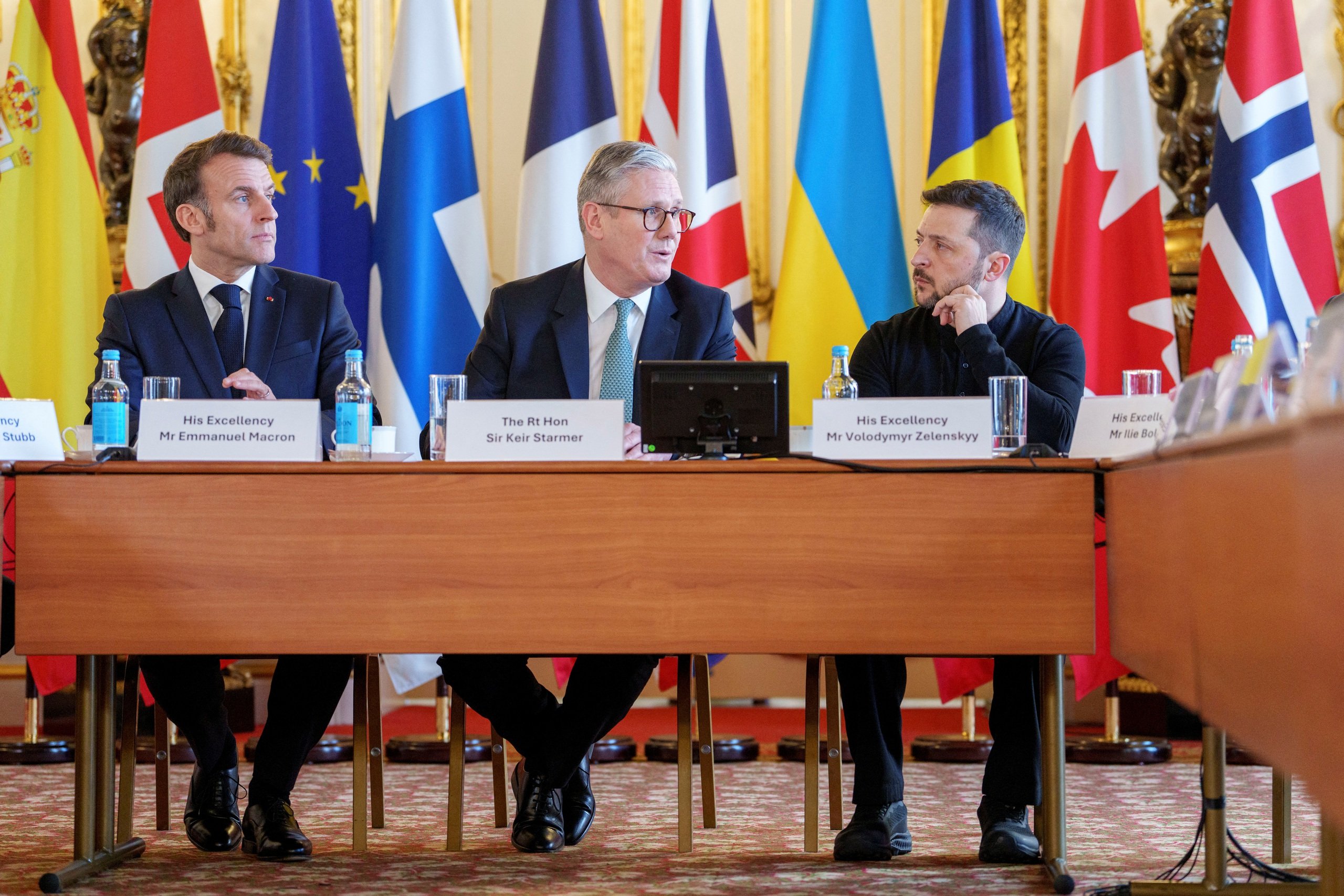
From left to right: French President, British Prime Minister, Ukrainian President at a meeting in London, UK on March 2
According to The New York Times , the British leader actively called on US President Donald Trump to ensure security for Ukraine and take measures to deter Russia. Mr. Starmer also "offered advice" to Ukrainian President Volodymyr Zelensky to mend relations with the White House owner after the "disastrous" meeting on February 28.
Former British Ambassador to the EU Ivan Rogers said Mr. Starmer’s diplomatic efforts have impressed some European leaders who have grown accustomed to London’s lack of presence or ambiguity on international issues in recent years. Meanwhile, Mr. Peter Ricketts, who served as national security adviser under former British Prime Minister David Cameron, told The New York Times that Mr. Starmer is returning Britain to its role as a bridge between transatlantic partners. The UK’s departure from the EU after Brexit makes London’s role as a mediator more important at this time.
Trump says Russia should spare the lives of Ukrainian soldiers in Kursk, Putin calls for surrender
However, the British Prime Minister's direction will also face challenges. Analysts say that neutrality will help London temporarily avoid being caught in the tension between the US and the EU. However, when tensions escalate and the two sides have different positions on Ukraine, Mr. Starmer will face the difficult task of making decisions without offending either side.
Agreement not yet formed, both sides continue airstrikes
While the prospect of a ceasefire remains vague, Russia and Ukraine continue to launch airstrikes against each other's territory. The Russian Defense Ministry announced yesterday that it shot down 31 Ukrainian drones targeting the Russian provinces of Voronezh, Belgorod, Rostov and Kursk, according to Reuters. In contrast, Ukraine accused Russia of launching 90 UAVs in the early morning of March 16 and the Ukrainian air defense force announced that it shot down 47. The Ukrainian military said that the provinces of Chernihiv, Kyiv, Kharkiv and Odessa were affected by the attack.
Source: https://thanhnien.vn/chau-au-tim-mot-ghe-tren-ban-dam-phan-ukraine-185250316213838945.htm


![[Photo] The 4th meeting of the Inter-Parliamentary Cooperation Committee between the National Assembly of Vietnam and the State Duma of Russia](https://vphoto.vietnam.vn/thumb/1200x675/vietnam/resource/IMAGE/2025/9/28/9f9e84a38675449aa9c08b391e153183)
![[Photo] High-ranking delegation of the Russian State Duma visits President Ho Chi Minh's Mausoleum](https://vphoto.vietnam.vn/thumb/1200x675/vietnam/resource/IMAGE/2025/9/28/c6dfd505d79b460a93752e48882e8f7e)
![[Photo] Joy on the new Phong Chau bridge](https://vphoto.vietnam.vn/thumb/1200x675/vietnam/resource/IMAGE/2025/9/28/b00322b29c8043fbb8b6844fdd6c78ea)
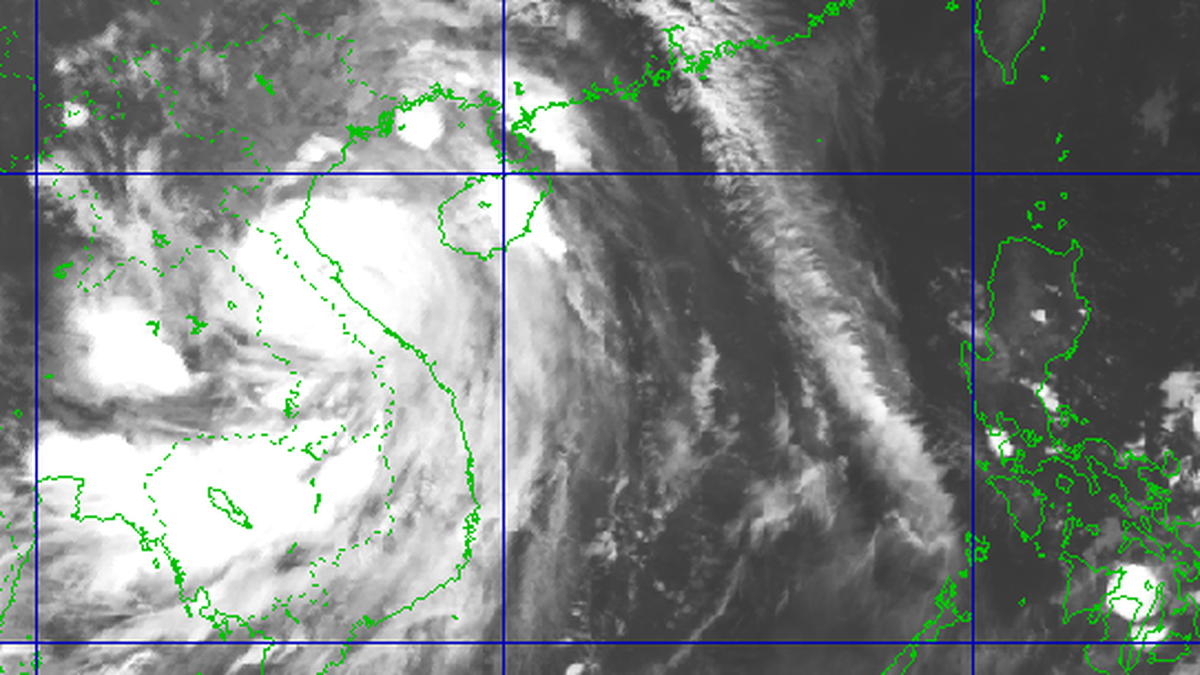




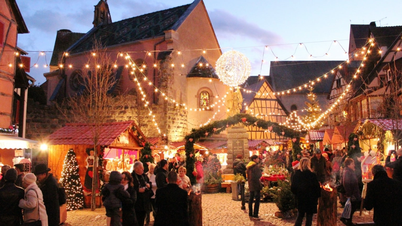

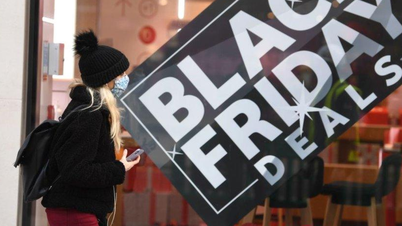




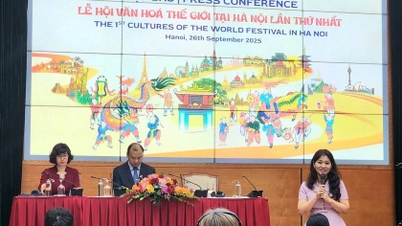
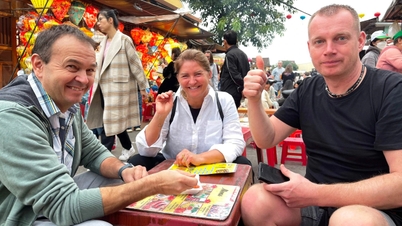

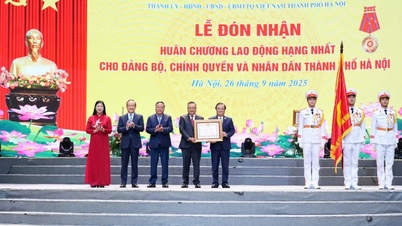





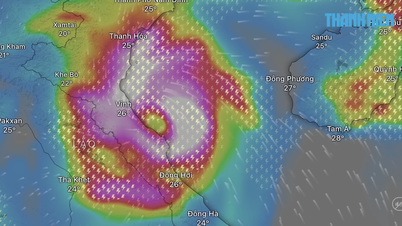


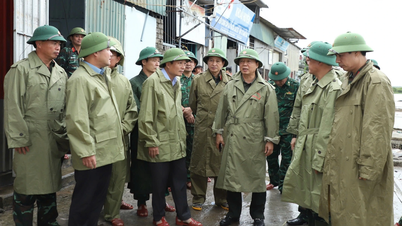
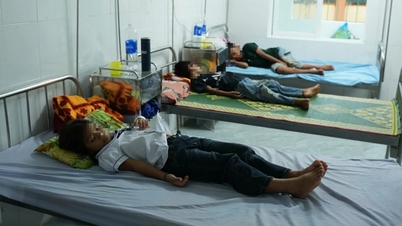






























































Comment (0)